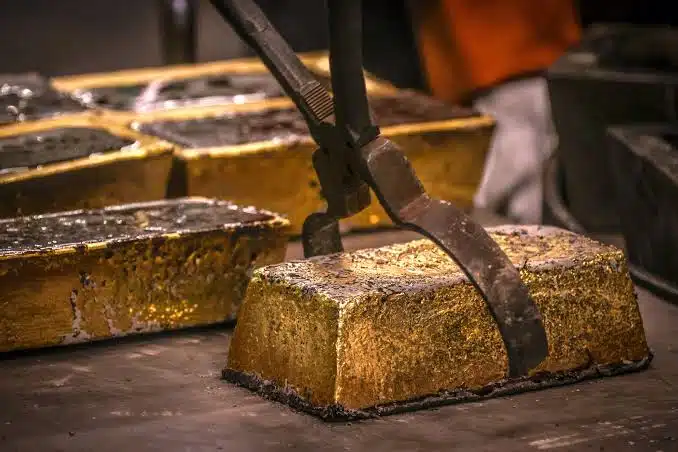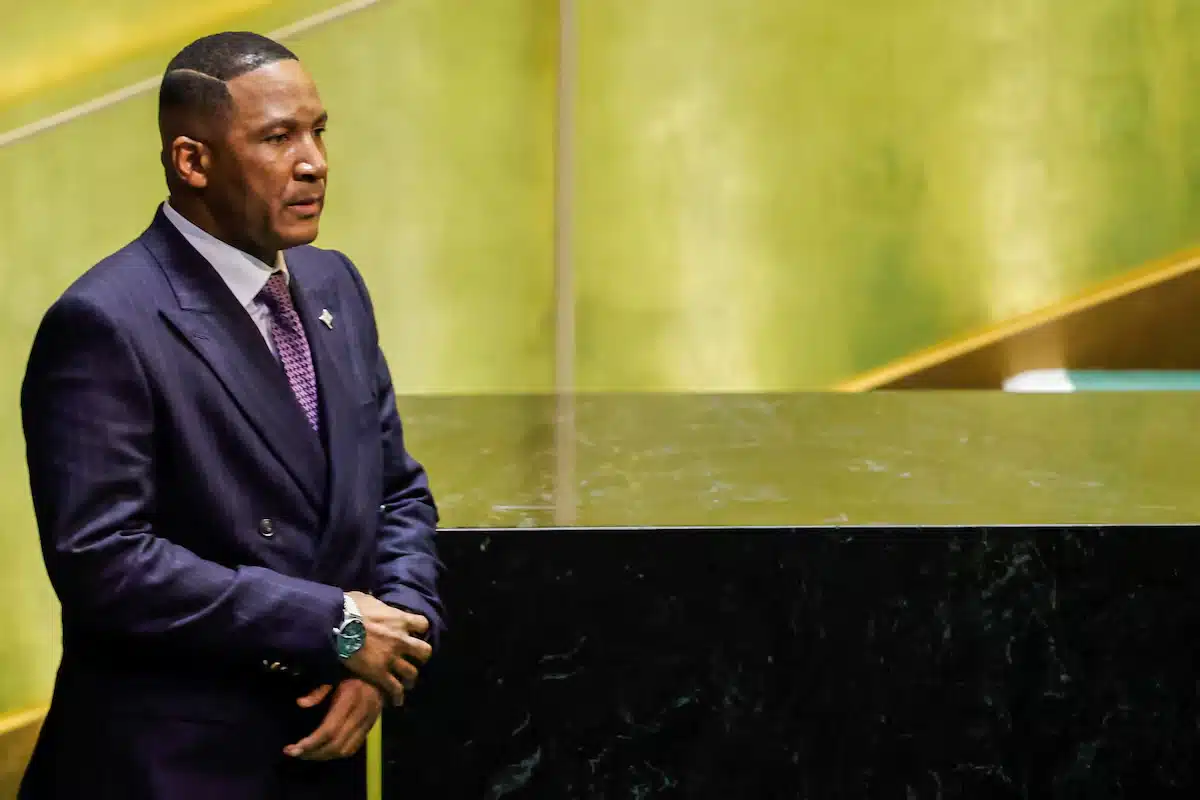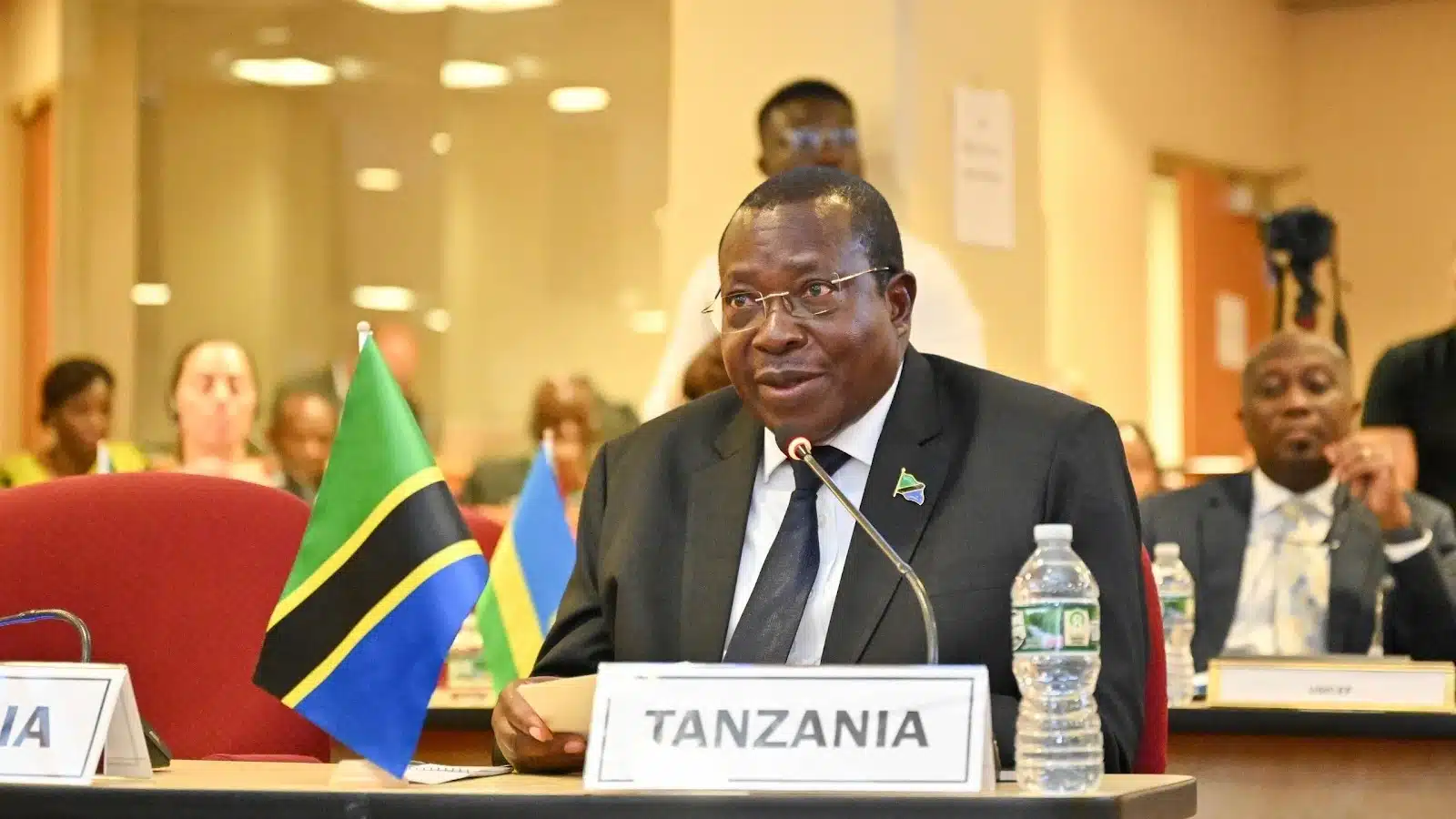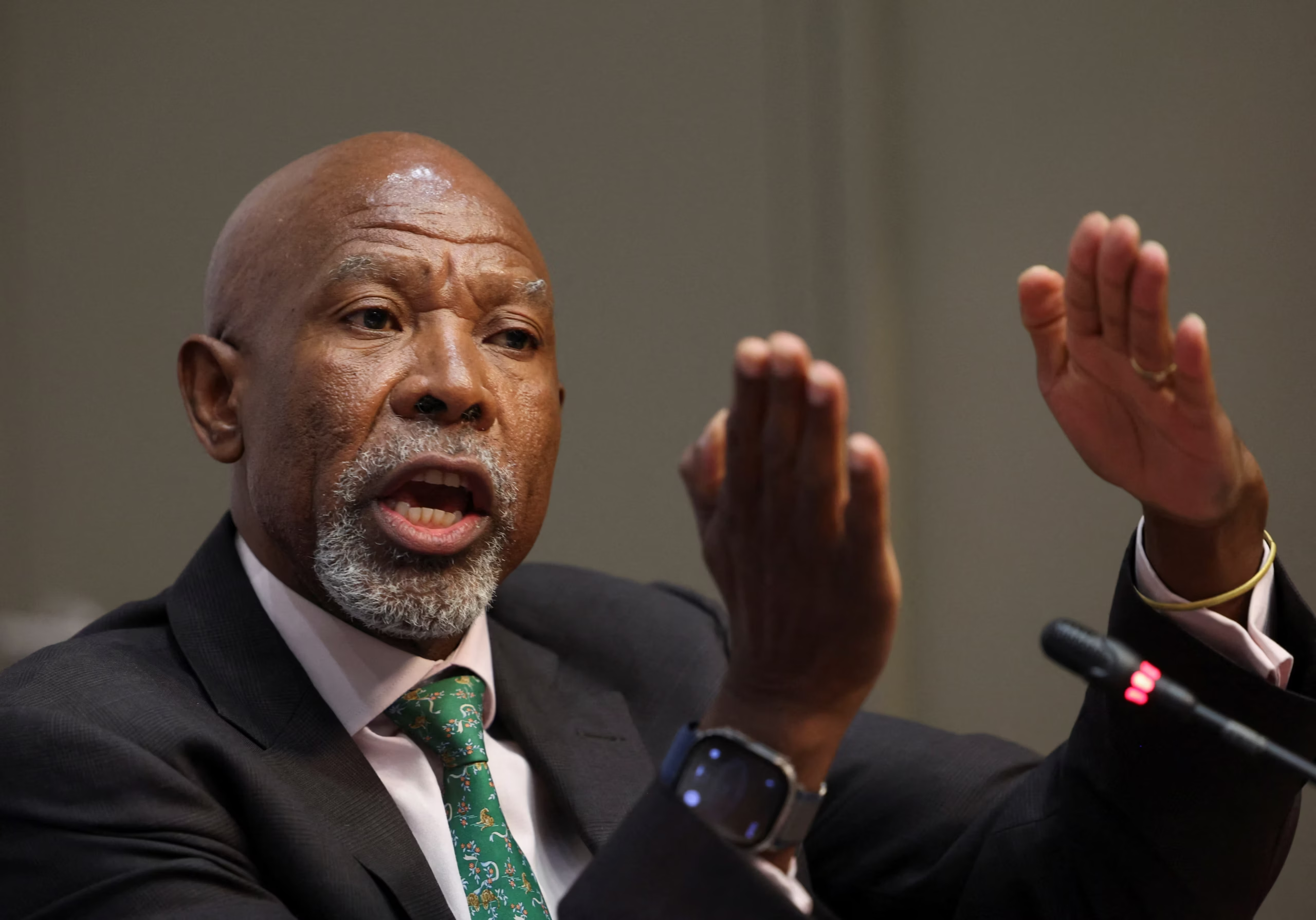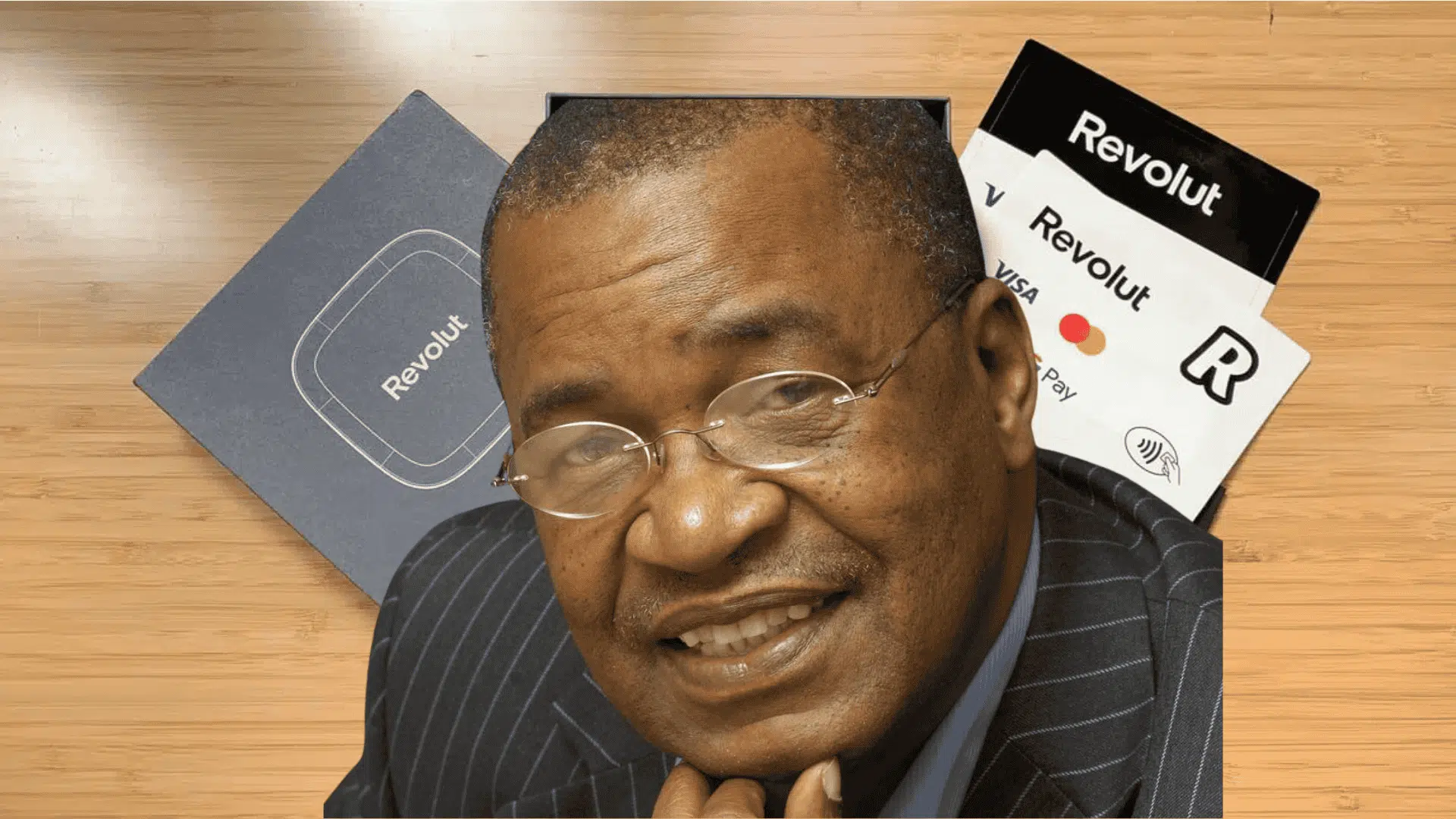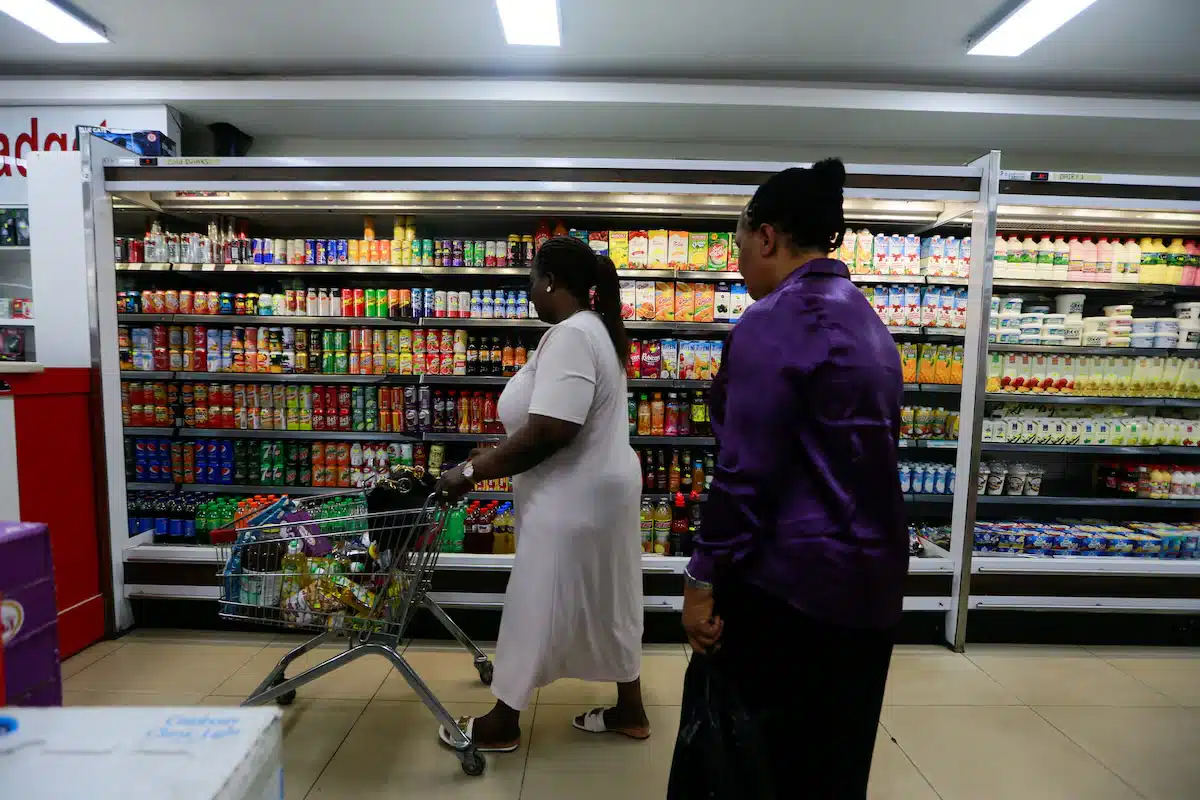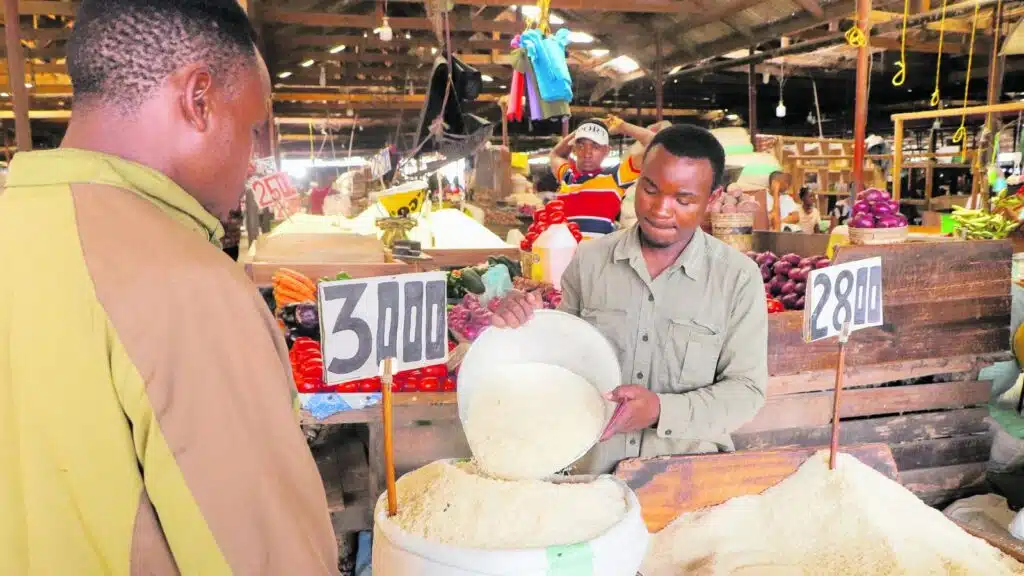In a bold move to domesticate value creation in its mining sector, Mali has launched the construction of a gold refinery with Russian and Swiss backing – a step aimed at capturing more value from the country’s gold exports, which totalled over $6.3 billion in 2023.
The facility, to be built in Senou on the outskirts of Bamako, will have a 200-ton annual capacity, positioning it not only to handle Mali’s gold output but to serve as a regional hub for neighbouring producers like Burkina Faso.
According to a cabinet communiqué dated May 28, the refinery will be 62% owned by the Malian government and 38% by Russia’s Yadran Group.
While the statement did not clarify whether both parties will fund the project in line with their equity stakes, it confirmed that Yadran will provide technical expertise, training, and long-term maintenance.
The financing structure remains unclear, raising questions over how Mali plans to fund its majority stake and whether external lenders are involved.
At the groundbreaking ceremony, interim president Colonel Assimi Goita said the project marks a turning point in the country’s effort to retain more value from its gold exports.
“Since 1980, Mali’s gold has been exported for refining and sale,” he said, citing destinations like the UAE, South Africa, and Switzerland.
Mali is Africa’s second-largest gold producer, yet like many of its neighbours, it cannot refine its output locally.
That gap has become increasingly strategic as governments across the Sahel – including Guinea, Niger, and Burkina Faso – rewrite mining codes to mandate in-country processing and increase state equity stakes in mining ventures.
If fully enforced, the mining code’s 10.5% royalty rate on gold production could deliver a fiscal windfall. Based on Mali’s 2023 output of 66 tonnes and average forecast price of $2,200 per ounce, the government could earn nearly $490 million annually in royalties alone. That figure does not include income taxes, procurement obligations, or the indirect gains from reduced smuggling and formalisation.
The refinery’s 200-ton processing capacity also exceeds Mali’s current output, opening the door for regional throughput. If neighbouring Burkina Faso – which produced more than 50 tonnes in 2023 – routes a share of its gold through the plant, Mali could capture new value streams from processing and logistics.
While Goita’s administration has not set a completion date for the refinery, the revised mining code now requires domestic refining of gold; however, enforcement timelines remain unclear.
Yadran Group president, Irek Salikhov, said the facility is designed to serve not only Mali but the broader West African region.
“a regional centre for processing gold extracted not only in Mali, but also in neighbouring countries – like Burkina Faso”.
The move aligns Mali with a growing trend in the Sahel, where governments in Guinea and Burkina Faso are also revising mining laws to maximise local value addition and reduce reliance on foreign refining and trade.
In September 2022, Guinea passed a Local Content Law requiring minimum quotas for Guinean nationals in employment and procurement, from 30% in management roles up to 100% for unskilled labour, and established an authority to enforce these rules broadly across public and private mining projects.
Similarly, Burkina Faso overhauled its mining laws in mid-2024, mandated local gold refining, raised the minimum stake in new projects to 15%, and enforced hiring of locals. It also began building its first gold refinery in late 2023.
What you should know
The mining code is a country’s foundational legal framework that governs the exploration, extraction, processing, and export of minerals. A tool that a government uses to wield control over its natural resources.
Here’s what is in Mali’s code:
- State ownership 10% free carried interest + 20% stake (paid) after 12 months of licensing – bringing total state share up to 30% + 5% sold to a Malian private investor.
- Resource sourcing of at least 35% of goods/services must come from Malian-owned businesses.
- Manpower should constitute only 10% foreign workers in the first three years of operations, and 5% in the following three years, with an obligation to gradually reach full Malian employment thereafter.
- Insurance cover for all mining activities should be provided by local insurers.
- Royalty tax up 10.5% from around 6%.
Mali’s new mining code may boost state revenue, but it’s also driving up funding risk. With higher royalties, deeper state stakes, and strict local content rules, project economics have tightened. Barrick’s removal of Loulo-Gounkoto from its 2025 guidance underscores investor unease, signaling that capital is becoming more expensive.

